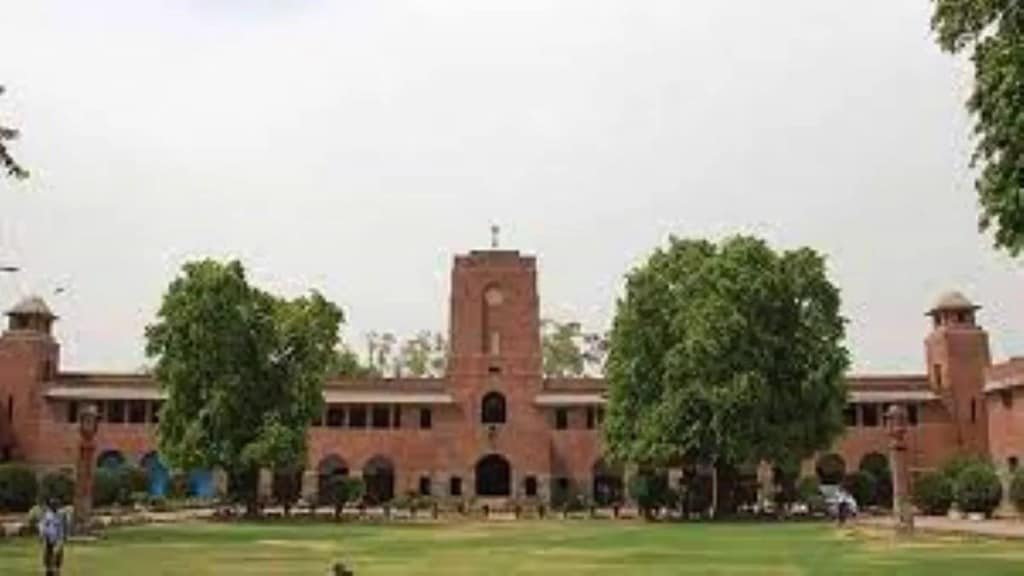The Academic Council meeting of the University of Delhi scheduled for May 26, 2023 includes in its agenda the introduction, in ‘pilot mode’ of an Integrated Teacher Education Programme (ITEP) – a ‘dual-degree major holistic Bachelors’ degree’, that is being opposed by teachers- present and former- of the university.
The agenda mentions that ITEP will be implemented in all 8 colleges that offer the BElEd programme. However, it does not indicate that the decision to implement ITEP in 3 colleges from academic year 2023-24 and in all 8 colleges from academic year 2024-25 has the approval of the concerned college governing bodies, the Committee of Courses (professional) and Faculty of Education as per the University’s statutory procedure.
“If ITEP is to be commenced in pilot mode, it can be offered in any college of the University of Delhi. Why is it being imposed in colleges that are conducting the BElEd? The real reason for coercing BElEd colleges to start the ITEP is the UGC and DU’s unwillingness to appoint new faculty required to teach ITEP,” teachers have alleged.
The BElEd is a four-year professional degree programme that prepares teachers for elementary classes. In contrast, the ITEP programme provides only one-year professional training following three years of general education (BA/BSc/BCom) which is alleged to be inadequate to equip teachers with the necessary knowledge and capacities for teaching diverse levels and classrooms.
Furthermore, teachers highlighted that BElEd is recognised internationally and produces graduates who excel in teaching positions across prestigious private and government schools, including Kendriya Vidyalayas. Additionally, their eligibility for Trained Graduate and Post Graduate Teacher positions has been confirmed by High Courts.
The current qualification for faculty teaching the BElEd and BEd stipulate two post-graduate degrees: one in education and the other in a parent discipline related to the foundation discipline and/or a school subject. The essential qualification for the bulk of the ITEP faculty on the other hand, as stated in the NCTE norms includes a post-graduate degree in liberal disciplines along with an undergraduate degree in education (BEd) to teach liberal disciplinary courses; or a post-graduate degree in education (MEd) to teach Foundations of Education that include sociology, psychology and philosophy of education without PG in the concerned discipline.
The imposition of ITEP will seriously impact adhoc and temporary faculty teaching in substantive posts for several years, teachers further alleged. According to them, introduction of ITEP will dilute the faculty qualification and the standards required to prepare school teachers. “A common curriculum to educate teachers across diverse cultures, communities and languages of India will not prepare them to teach in diverse classrooms and hence will make them ineffective,” teachers said.
Also Read: Cambridge International declares IGSCE results 2023
NCTE norms and standards state that “the curriculum and implementation of ITEP shall be based on a Model/Suggestive curriculum developed by NCTE…(with) 30% flexibility while adapting or modifying the Model/Suggestive curriculum as per local requirements. However, NCTE reserves the right to validate any modifications…if felt necessary”. This imposition of ITEP goes against Delhi University statutes that protect the university’s autonomy to design curricula,” teachers said.
Since ITEP is a ‘dual-degree programme, the exit system applicable to ITEP is stated to be ‘finalised in the National Higher Education Qualification Framework by UGC’. This too violates Delhi University statute, as per the teachers.
Follow us on Twitter, Facebook, LinkedIn


